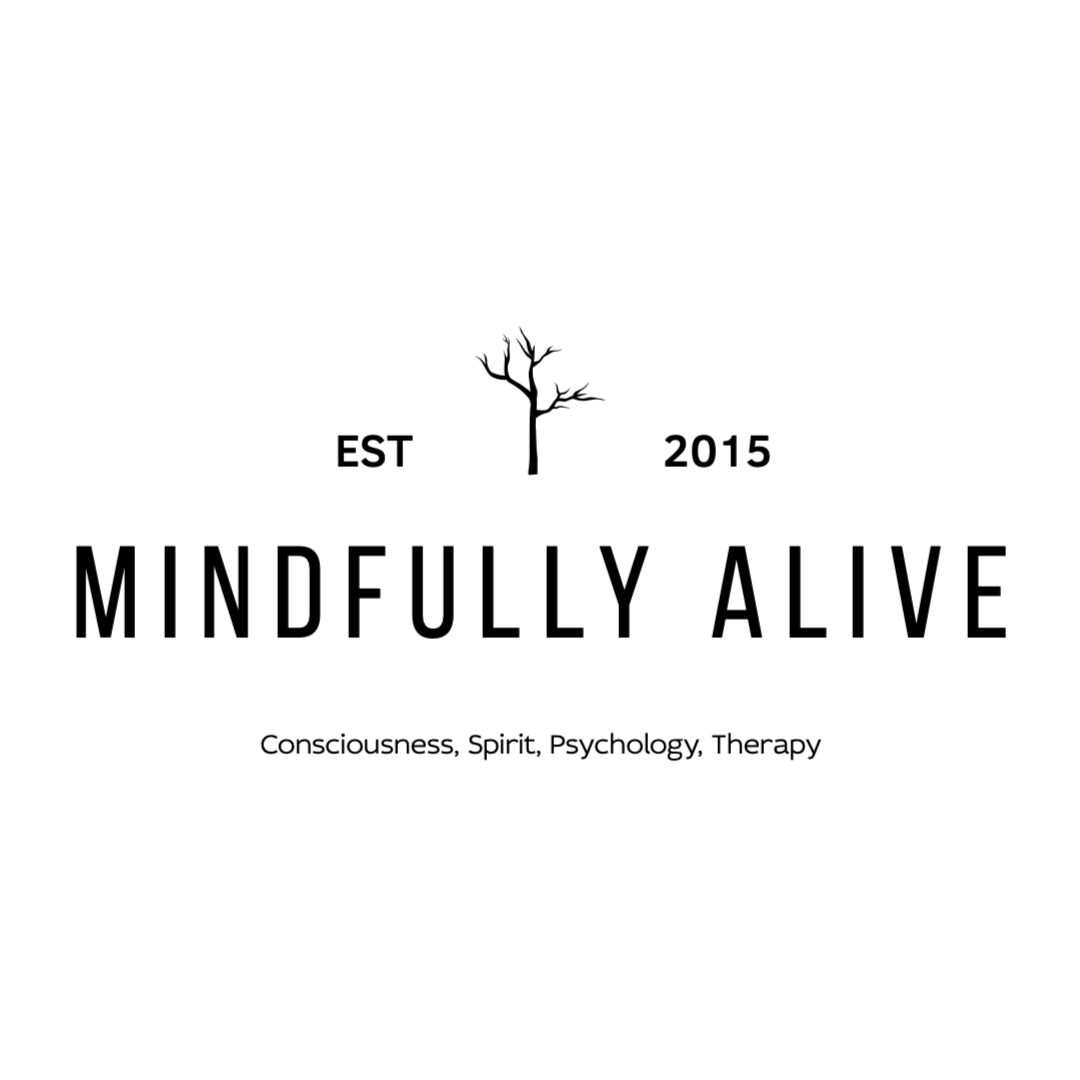
Have you experienced a relationship where you felt consistently unseen, dismissed, or emotionally controlled- leaving you doubting your own reality?
These are hallmark signs of emotional abuse—often present in relationships with narcissistic or emotionally exploitative individuals.
You may not be sure if your experience “counts” as abuse, but if you find yourself feeling emotionally exhausted, confused, or deeply alone in your relationships, it’s worth exploring whether you’re carrying the invisible wounds of narcissistic abuse.
Our approach is paced and grounded in trauma informed specialized training (Somatic and Attachment Focused EMDR- S.A.F.E. EMDR), body-centered, and geared toward lasting internal shifts rather than external blame. This work requires emotional readiness and a willingness to engage in your own healing process.
some common effects of narcissistic abuse include:
Narcissistic abuse is a form of emotional abuse marked by patterns of control, gaslighting, manipulation, and invalidation. It can happen in childhood (through parents or caregivers) or later in life—through romantic partners, friends, bosses, or even family systems.
Because it’s often covert, survivors may feel ashamed, isolated, or even “crazy,” especially if others don’t believe them or the abusive person appears charming to the outside world. If you’ve experienced narcissistic abuse, you may notice effects across your emotional, physical, cognitive, and relational well-being. These include:
– chronic self-doubt or “walking on eggshells
– difficulty trusting your own thoughts, feelings or decisions
– people-pleasing and hyper-vigilance
– rumination, perfectionism, or excessive self-blame
– depression, shame, or persistent anxiety
– feeling emotionally numb or spiritually disconnected
– over-functioning in relationships to earn love or safety
– struggling with boundaries and self advocacy
– difficulty identifying your own needs, preferences, or desires
– emotional eating, insomnia, or chronic fatigue
These experiences aren’t signs that something is wrong with you—they’re your system’s response to long-term relational trauma.
 This type of emotional abuse leads to painful emotional loneliness which in turn impacts not only your choices in life but your physical, emotional and spiritual wellness. Moreover, your central nervous system including your vagus nerve, lives in constant fight/flight or shutdown mode leading to an imbalance in the body’s stress response causing chronic stress. Heightened stress responses can lead to emotional and physical dysregulation such as chronic pain, autoimmune disorders, emotional eating/cravings and increased/decreased appetite, decreased metabolism as well as sleep interference.
This type of emotional abuse leads to painful emotional loneliness which in turn impacts not only your choices in life but your physical, emotional and spiritual wellness. Moreover, your central nervous system including your vagus nerve, lives in constant fight/flight or shutdown mode leading to an imbalance in the body’s stress response causing chronic stress. Heightened stress responses can lead to emotional and physical dysregulation such as chronic pain, autoimmune disorders, emotional eating/cravings and increased/decreased appetite, decreased metabolism as well as sleep interference.
signs you may have been in a narcissistic relationship
– gaslighting and denial of your lived experience
– emotional manipulation and guilt-tripping
– altercating between idealizing and devaluing you (also knows as “love-bombing” followed by emotional withdrawal or cruelty)
– mocking, belittling, or shaming behavior
– “harsh truths” used to control, not support
– constant criticism or comparison
– control over finances, decisions, or time
– shifting blame and avoiding accountability
– triangulating others against you (including children or friends)
– emotional coldness when you express needs or vulnerability
These patterns erode your sense of reality and self-worth over time, making healing feel overwhelming without support.
When someone is emotionally unavailable or controlling, it can make secure connection feel impossible. Over time, this can lead to relational trauma, confusion, and deep emotional isolation.
This work is ideal for adult survivors who are ready to reclaim their voice, reconnect with their nervous system, and explore new patterns of self-protection, connection, and trust. We offer a warm, grounded space to begin (or deepen) your recovery—not a quick fix or a place to diagnose others. If you’re ready to gently come back to yourself, we’d be honored to support your healing.
you deserve better- counseling for narcissistic abuse can help
why narcissistic abuse recovery is different from general therapy
Recovery from narcissistic abuse requires a specific, trauma-informed approach that goes beyond talk therapy. You may already have insight into the dynamic—but feel stuck in repeating patterns or unable to fully feel safe again.
In our work, we combine somatic (body-based), attachment-focused, and trauma-informed methods—including EMDR and parts work—to help you reconnect with your inner voice, restore a sense of embodied safety, and gently build back your sense of trust in yourself and others.
what healing looks like
The process is not about diagnosing others or staying locked in the pain of the past—it’s about restoring your nervous system, rebuilding your relationship with yourself, and reclaiming your ability to feel, choose, and connect freely.
Healing often involves:
– learning to notice and respond to emotional red flags
– building somatic awareness and self-trust
– working through stored trauma responses in the body
– setting and maintaining healthy boundaries
– untangling self-worth from people pleasing or over-functioning
– reclaiming joy, rest and emotional freedom
who this work is for
This work is best suited for adult survivors of narcissistic abuse who are:
– ready to engage in deep, long-term healing
– looking to work relationally and somatically- not just cognitively
– open to exploring attachment wounds and trauma responses
– no longer focused on diagnosing or labeling others, but their own recovery
– willing to take the healing process step-by-step, with support and self-compassion
If you are early in your discovery process, that’s okay—but this work is especially meaningful for those who are ready to move from insight into integration.
You may call this chapter of your life: MY TURN
A grounded, body-based approach to recovery
At Mindfully Alive, our therapists are trained in a specialized form of EMDR, named S.A.F.E. EMDR. This specialized training incorporated attachment healing and somatic approaches to complex trauma. Our work is grounded in compassion, neuroscience and nervous system regulation.
You won’t be asked to rush, justify your experience, or “just let it go”. Instead, we’ll move at the pace your body and psyche are ready for- always with curiosity, safety, and respect.
You’re not broken- you’re rebuilding
Narcissistic abuse leaves deep, invisible wounds—but those wounds can heal. With the right support, survivors begin to trust again, speak clearly, set boundaries, and feel a deeper sense of peace in their bodies.
If you’re ready to stop living in reaction to the past and begin reconnecting with your authentic self—we’d be honored to support you.
Contact us today to learn more about the healing process from narcissistic abuse
Testimonials
“Absolutely phenomenal. Mindfully Alive has become a contributor to our online baseball and softball coaching certification (gocudit.com) program due to their level of expertise in mental preparedness. The best in the industry.”
~Pleased with Mindfully Alive’s Contribution
“I never thought that I would need counseling. I am a strong independent person who always kept my emotions in check. I was always someone who would consult with “myself” when ever a problem came up. However, life tends to overwhelm us, even the strongest of us, and I needed someone who would “talk back”. Mindfully Alive was referred to me by someone I trust, and made time for me when I needed it. Why do I pay to talk to my therapist at Mindfully Alive? Because she is someone I can talk to about all of my thoughts without guilt, judgement, or pressure. Every part of my life I thought I was controlling on my own I have found much relief when speaking with my therapist about. She is down-to-earth, real, and genuine. She listens to you, learns your entire situation, and remembers it. What is “Mindfully Alive”? To me, it’s understanding how my specific mind works, tackling those thoughts I only express to myself, and creating strategies that help Me through the things that are taking up so much of my mind’s space. I highly recommend Mindfully Alive; and hope anyone going through a major life crisis speak with a Licensed Professional Counselor, no matter how strong you may think they are.”
~Grateful Client
“Highly recommend! Very professional and they specialize with mindfulness and teaching coping skills.”
~ Client who found relief
“I started with Mindfully Alive almost a year ago when I was a few months into a new relationship. As a single mom, business owner and now girlfriend, I was really struggling with anxiety, how to find balance in my life but also how to understand myself and my wants and needs. My therapist has been my lifeline. She has allowed me a safe place to be vulnerable, share my thoughts and feelings without judgement and to help me work though some of the things that I have been struggling with that I wasn’t even aware of. I look forward to our weekly sessions because her kindness, knowledge and guidance help me to not only navigate my daily life but on my journey through life”
~ Pleased Client


